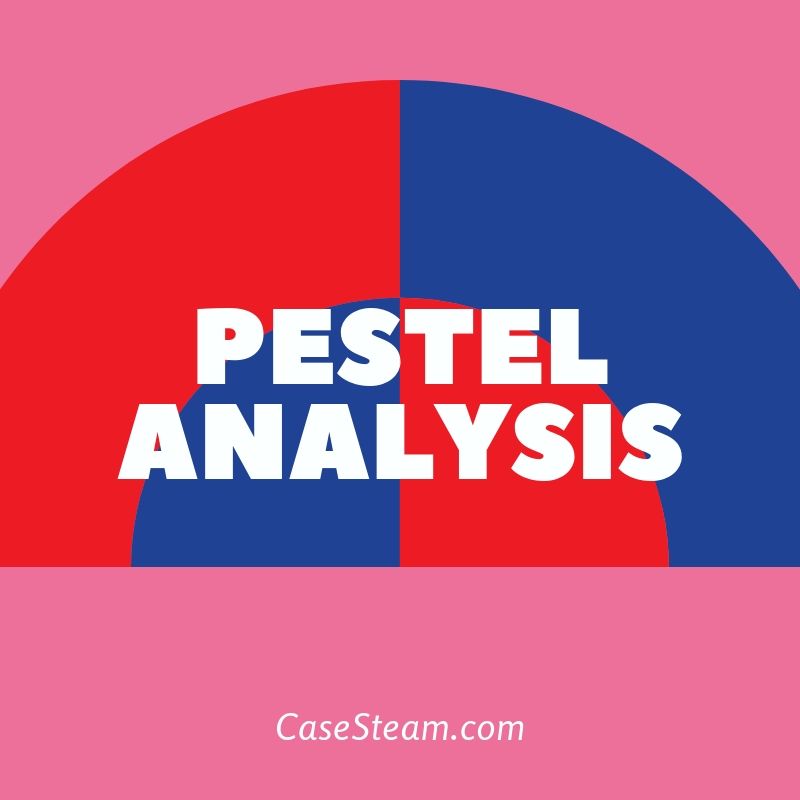Marks Spencer And Zara Process Competition In The Textile Apparel Industry's external setting would be studied with the PESTEL framework (appendix 1) for highlighting the market's Political, Economic, Social, Technological, Environmental as well as Legal environment while the level of competition in the Taiwanese industry would be examined under Porter's 5 pressures analysis (appendix 2). Sector pressures such as the bargaining power of the buyer and also distributor, the threat of new participants and also replacements would certainly be highlighted to comprehend the degree of competitiveness.
Political Factors:
Political factors have actually played the most significant roles in the development of Taiwan's Marks Spencer And Zara Process Competition In The Textile Apparel Industry market in the kind of human resource growth, modern technology development and setting up of institutes for moving technology. In enhancement to these factors, a five year strategy for the advancement of submicron innovation was initiated by the federal government in 1990 which consisted of advancement of laboratories for submicron advancement in enhancement to the above pointed out duties.
Economic Factors:
The fact that the Marks Spencer And Zara Process Competition In The Textile Apparel Industry market is going through an unbalanced need and also supply scenario is not the only financial problem of the market. The excess supply in the market is followed by a price which is less than the expense of Marks Spencer And Zara Process Competition In The Textile Apparel Industry which has resulted in cash flow problems for makers.
Recession is a significant problem in the sector because it can activate reduced production. Improvements in effectiveness degrees can bring about increased manufacturing which causes economic downturn once more as a result of excess supply and reduced need leading to closure of companies because of low revenue. The Marks Spencer And Zara Process Competition In The Textile Apparel Industry sector has gone through economic downturn thrice from 1991 to 2007 suggesting that there is a high potential for recession due to excess supply and reduced earnings of companies.
Social Factors:
Social factors have actually likewise added towards the advancement of the Marks Spencer And Zara Process Competition In The Textile Apparel Industry sector in Taiwan. The Taiwanese government has concentrated on human funding growth in the industry via trainings focused on boosting the understanding of sources in the sector. The launch of the Semiconductor Institute in 2003 for training and also creating skill is an instance of the social efforts to enhance the industry. Even though modern technology was imported, getting resources familiar with the technology has been done by the government. Social efforts to improve the photo and top quality of the Taiwanese IC market can be seen by the truth that it is the only market which had actually expertly built departments of labor worldwide.
Technological Factors:
There are still some technical concerns in the Marks Spencer And Zara Process Competition In The Textile Apparel Industry industry particularly as Marks Spencer And Zara Process Competition In The Textile Apparel Industry producers in Taiwan do not have their own technology and still depend on international technical partners. The government's participation in the sector has actually been focusing on changing the Marks Spencer And Zara Process Competition In The Textile Apparel Industry sector to reduce this dependency.
Environmental Factors:
A general testimonial of the setting suggest that Taiwan is a highly favorable region for Marks Spencer And Zara Process Competition In The Textile Apparel Industry production as obvious by the convenience in capacity development in the Marks Spencer And Zara Process Competition In The Textile Apparel Industry market. The truth that the area supplies manufacturing capacities additionally strengthens this monitoring.
Legal Factors:
The lawful setting of Marks Spencer And Zara Process Competition In The Textile Apparel Industry has problems and also chances in the kind of IP civil liberties as well as lawful contracts. A company has the legal security to protect its copyright (IP), processing as well as innovation which can enhance the dependancy of others on it. The Marks Spencer And Zara Process Competition In The Textile Apparel Industry market additionally offers a high relevance to lawful agreements as noticeable by the reality that Micron's passion in Marks Spencer And Zara Process Competition In The Textile Apparel Industry may not materialize as a result of the previous company's lawful contract with Nanya and also Inotera.
PESTEL Analysis for Marks Spencer And Zara Process Competition In The Textile Apparel Industry Case Study Analysis
